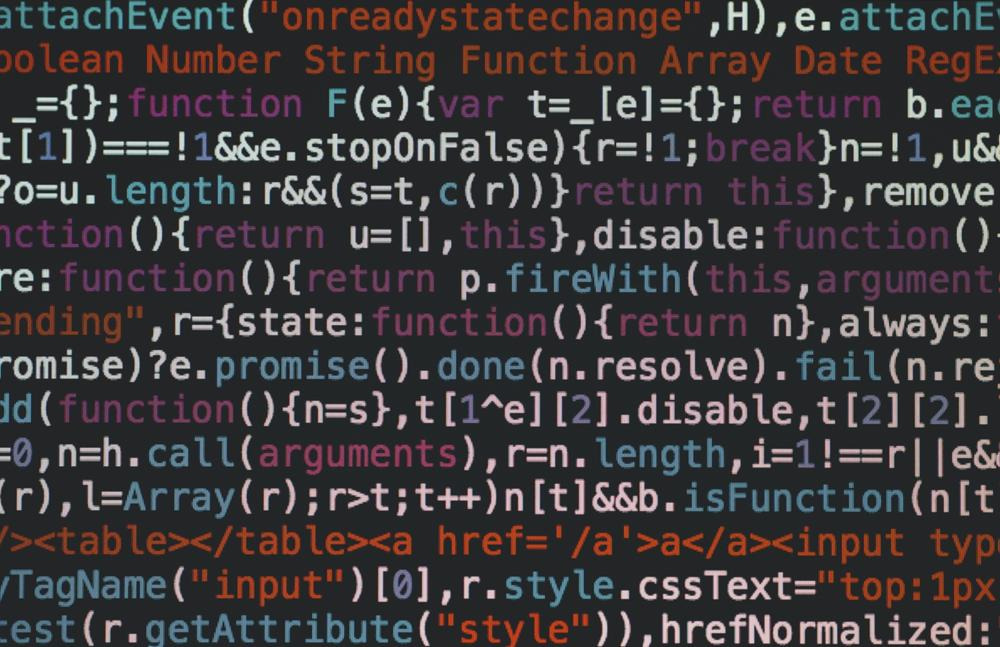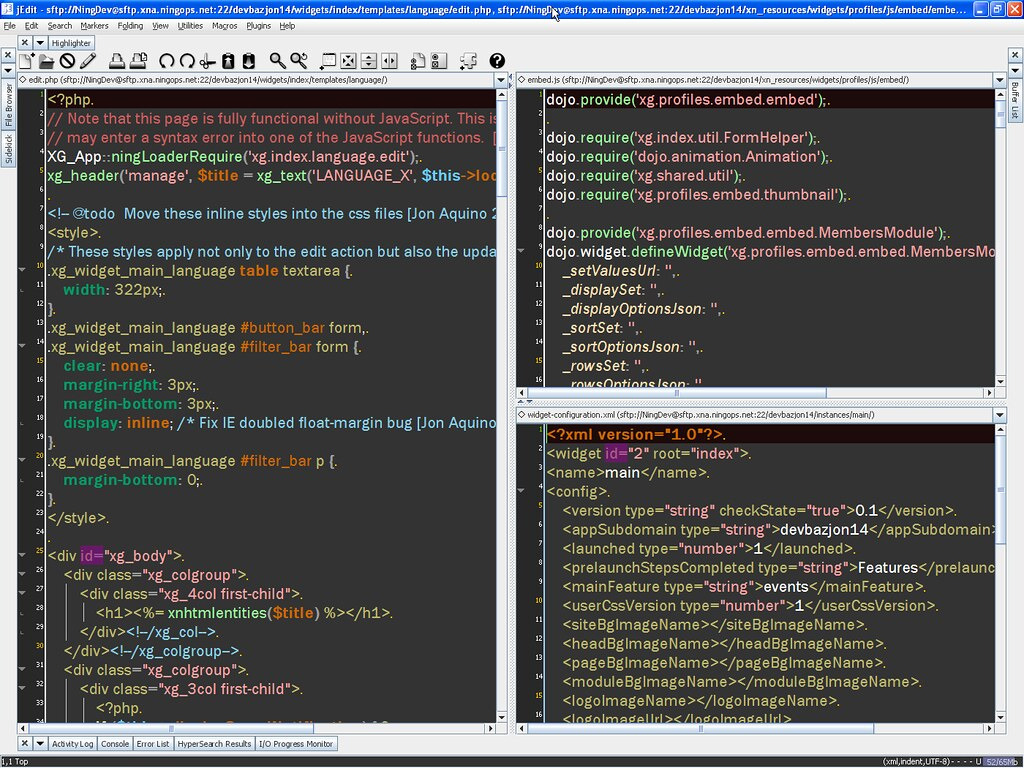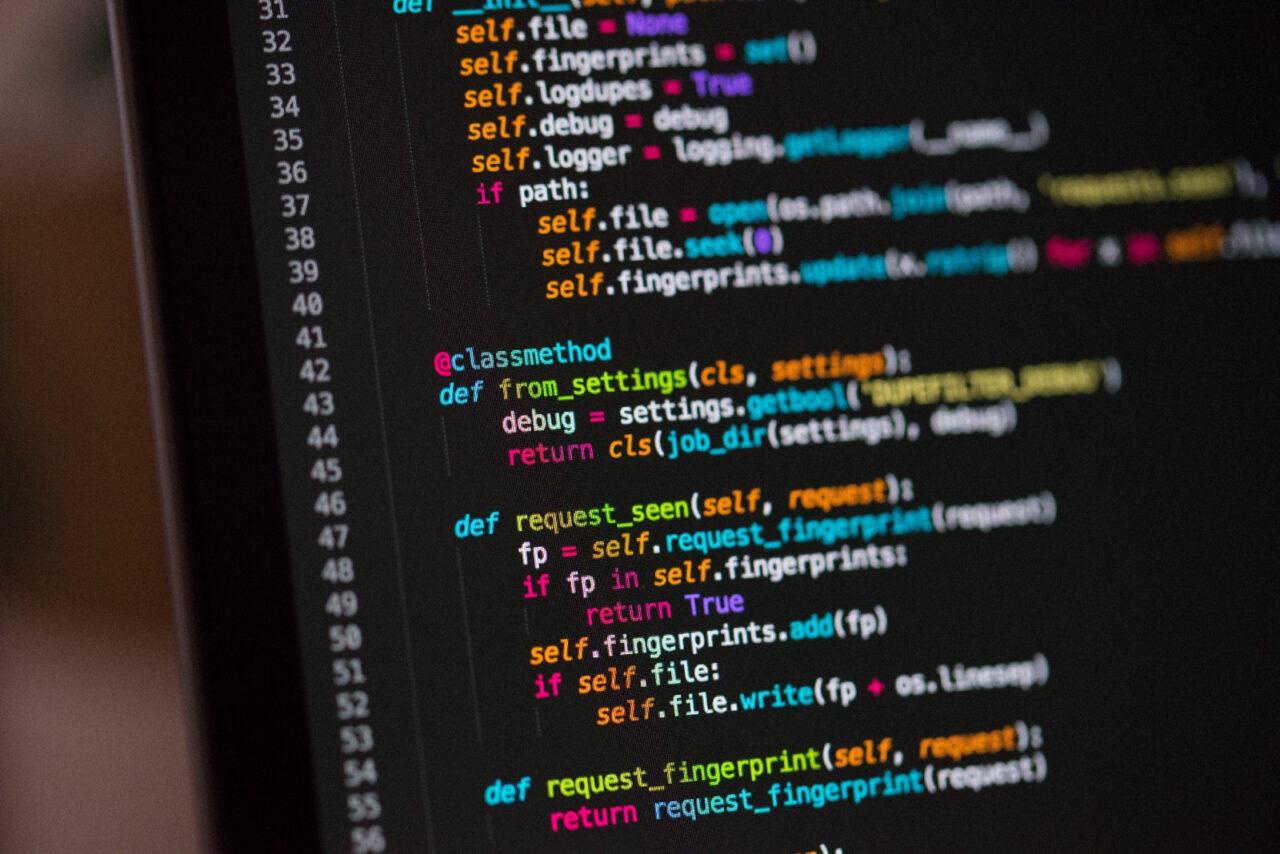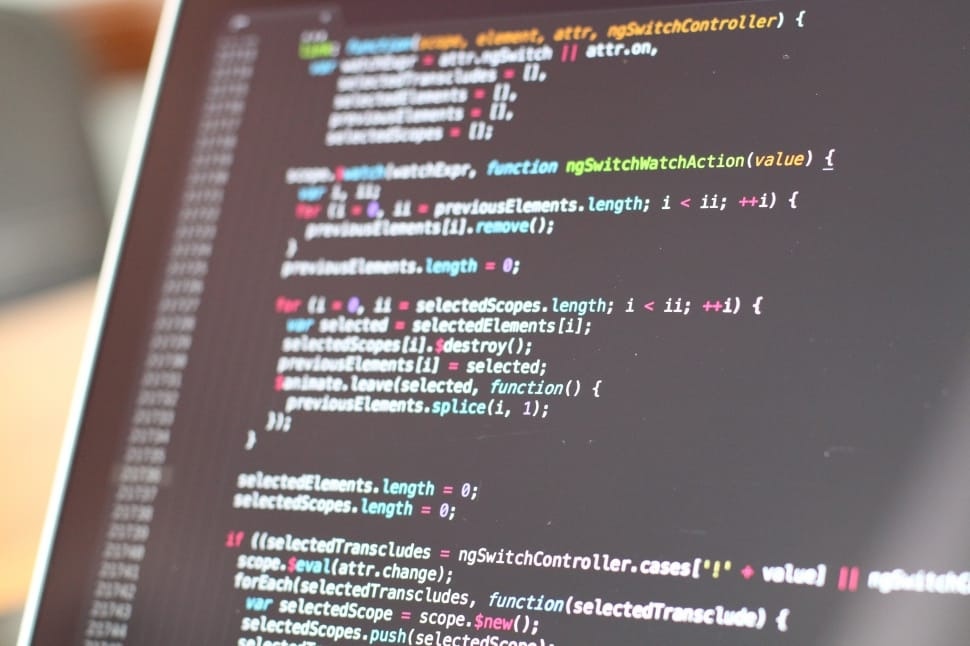When choosing a programming language to learn and practice, most people are increasingly concerned about its integrity. Besides, each programmer will have choices based on job needs and tastes.
There has yet to be an exact standard that programming languages must meet. Yet, we can thoroughly test vulnerabilities to measure security.
After tests and reviews, we have identified the most secure programming languages in this article.
Leading experts have discovered data that can prove how unsafe a programming language is, and many factors depend on this parameter. In the section below, we suggest the safest languages to use in your projects.
1. C
Nowadays, C is the most common language in the world. For its ease of use, many coding experts use this language in their large software projects.
Yet, a report shows that many errors from open source are related to this popular language. You may also encounter some problems related to memory errors when using it for computer projects.
Fortunately, the minor bugs in this language are not severe, so the coders can quite quickly solve them.
2. C++
If you want to get a secure language that is easy to use, C++ is a solid choice.
Due to being a more improved version, it fills all the critical holes with apps, software, and websites. It will be a good signal for you to use it for your essential projects safely.
Some reports point to two weaknesses, but not too serious, CWE-119 and CWE-20, i.e., cache and authentication errors.
3. Java

Many reports indicate that the Java programming language’s vulnerability has decreased sharply since 2016. Today, with an error rate of about 19%, Java is still a safe language to use.
4. JavaScript
JavaScript is one of the common front-end languages for running websites. Although its security index could be more impressive, many people still love and choose this language for their projects.
In the past few years, it has tended to increase security capabilities. In other words, this language’s threat to user safety has decreased faster. The vulnerability of JavaScript is always under control.
5. PHP

PHP is the language of choice for many developers to help secure websites. This language can help you study data sources from input parameters to conservative strategies. Errors in PHP have decreased significantly over the years.
Cross-Site Scripting (CWE-79) is a common weakness. While it doesn’t cause serious harm to the user, you may find it annoying to deal with these errors.
6. Python

Python is known as an object-oriented and high-level language developed by Google. It comes with a simple and reliable design for websites and network programming.
Python makes it easy to write concurrent programs and improves performance in applications that need to handle multiple tasks simultaneously.
In addition, its built-in support programs all adopt goroutines, lightweight threads that can be used to execute concurrent code.
It is available for iOS, macOS, watchOS, and tvOS development. Its design will help you create codes quickly, safely, and efficiently.
Besides, it provides features that help prevent common programming mistakes, such as null pointer references and buffer overflows.
For example, Python uses options to help ensure that variables are always initialized before use. It also includes automatic memory management, which helps prevent memory leaks.
7. Ruby
Ruby is a highly secure programming language with very few severe security holes. Like most languages, Ruby has typical problems such as XSS, CWE-20, CWE 284, CWE-200, and CWE-264.
Yet, the severity of these errors is only about 19%. In particular, they tend to be stable and not harmful to any computer user.
In short, it is a flexible language with high safety that allows users to edit, add or redefine the syntax freely. You can easily apply it on UNIX, Windows, macOS, DOS, and many more platforms.
8. SQL
If you’ve ever studied system data management, you already know about SQL and its role in object-oriented coding.
This structured query language has been around since the 1970s. Today, it’s become the ideal choice for data analysts, managers, and scripting coders.
There used to be many minor security weaknesses with SQL Injection. However, talented and experienced coders discovered and fixed these problems long ago.
Therefore, SQL is still a good choice if you seek the most secure language to handle your daily tasks.
9. HTML

HTML is the ideal recommendation for anyone looking for a highly secure version that is easy to learn and understand. It is not complicated but contains only tags and statements with a specific purpose.
The HTML language is reliable because its bugs are almost negligible compared to the boons it brings. You will not have to buy any additional third-party software to use it.
In addition, this language is also supported by the most common browsers, such as Opera, Google, and Safari. Accordingly, it will be easier for you to optimize a website based on this language.
10. Assembly
Assembly is not a new language. Since its appearance a few decades ago, this language has impressed users with its security.
It is almost impossible to find weaknesses using this language because its vulnerability is extremely low.
This language is simple for you to learn and interact with computers efficiently. It only has concise code and command structures, so you’ll quickly know how to apply your learning to your projects.
Conclusion
Choosing a secure language is essential to avoid all risks to your software products.
SQL, HTML, and Assembly are the top ideal choices that I recommend because their vulnerability score is meager, which means low risk and high safety.
Hopefully, the programming languages are helpful for you to find the right choice for your project. Thank you for reading!
